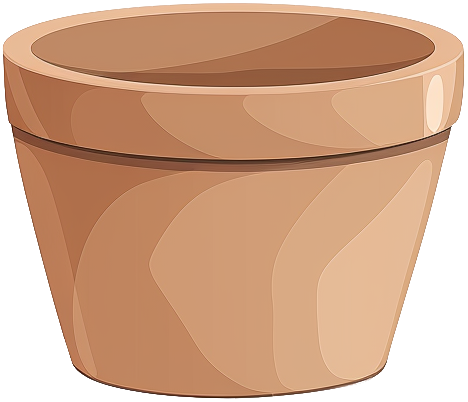- philodendron
- esmeraldense

philodendron
esmeraldense
esmeraldense
Care level
Difficult
Popularity
Popular
Each leaf emerges with a stunning metallic sheen that shifts from deep emerald to silvery-green, creating an almost holographic effect in different lighting conditions. The leaves develop unique rippled edges as they mature, giving them a ruffled appearance that adds extra drama to their already eye-catching display.
Care & maintenance
Light
All areas of your interior that are roughly equidistant between shade and sun. These areas benefit from slight brightness throughout the day.
Temperature
Warm (64.4°F - 86°F)
Fertilization frequency
Moderate
Monthly during the growing period.
Soil
Choose a Tropical plant mix: A rich, moisture-retentive blend with good aeration. Mimics the natural forest floor environment of tropical regions.
If you want to create your own substrate, you can make a mixture of the following soils:








Click on the soil name for more information.
Pot

Wide/Shallow
Prefer a pot that is wider than it is deep.
Incorrect or incomplete information?
In our goal of building the best plant database, we sometimes make mistakes or have incomplete information. You can help us fill these gaps!
Features
Size & growth
Medium
Climbing
Slow growth
This plant grows slowly. It can reach 1 to 3 feet in height or spread.
It grows upwards by attaching to supports or winding around them.
Toxicity
| Cat | |||
|---|---|---|---|
| Dog | |||
| Human |
Reproduction & propagation
Fruits & flowers
Flowering & not self-pollinating
The philodendron esmeraldense can produce flowers and therefore fruits.
This plant is not capable of self-pollination, it will not be able to produce fruits if it is not pollinated by another individual.
